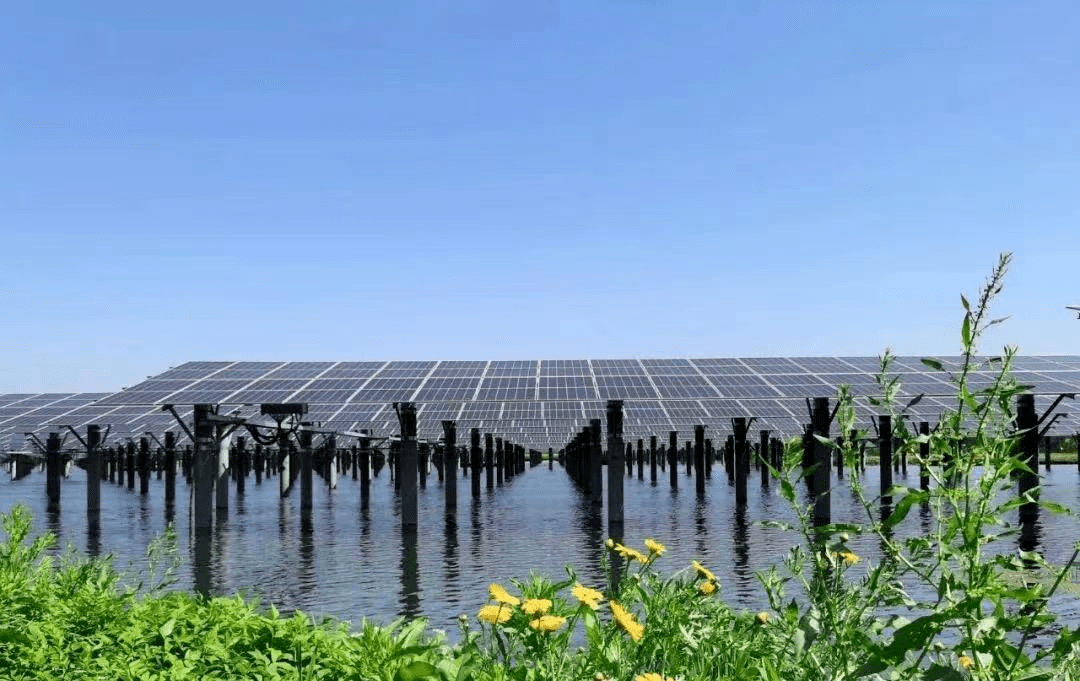Introduction: Water pollution is a pressing global issue that threatens ecosystems, public health, and economic prosperity. As we seek sustainable solutions, solar photovoltaic (PV) power generation has emerged as a promising technology that can contribute to water pollution control. This blog post explores the synergies between solar PV and water pollution control, highlighting how solar energy can power innovative solutions for wastewater treatment, reduce reliance on fossil fuels, and promote sustainable water management practices.
-
Solar-Powered Wastewater Treatment: Conventional wastewater treatment processes often rely on fossil fuel-powered energy sources, contributing to greenhouse gas emissions and environmental degradation. Solar PV offers an alternative, clean energy source to power wastewater treatment plants and processes. Solar-powered aeration systems, for instance, can enhance the oxygenation of wastewater, promoting the growth of beneficial bacteria that break down pollutants. Additionally, solar-powered ultraviolet (UV) disinfection systems can effectively treat wastewater, eliminating harmful pathogens without the use of chemicals. By utilizing solar energy in wastewater treatment, we can reduce carbon emissions, minimize air and water pollution, and create more sustainable and environmentally friendly treatment systems.
-
Reduced Reliance on Fossil Fuels: The generation of electricity from fossil fuels, such as coal and natural gas, is a significant contributor to water pollution. Extraction, transportation, and combustion of these fuels release pollutants into the air and water, leading to water contamination. Solar PV power generation offers a renewable and clean alternative to fossil fuel-based energy sources. By adopting solar energy, we can significantly reduce the pollution associated with conventional electricity generation, subsequently minimizing water pollution. Additionally, transitioning to solar PV can decrease the demand for cooling water in power generation, mitigating the strain on water resources and reducing the risk of thermal pollution in rivers and lakes.
-
Sustainable Water Management: Solar PV can also contribute to sustainable water management practices, helping to prevent and control water pollution. Solar-powered sensors and monitoring systems can be deployed to continuously monitor water quality, detecting pollution incidents in real-time and enabling prompt response measures. These systems can provide valuable data on water conditions, facilitating informed decision-making and effective pollution prevention strategies. Moreover, solar-powered irrigation systems can reduce reliance on freshwater sources for agriculture, thus minimizing the risk of chemical runoff and water contamination. By incorporating solar PV into water management practices, we can promote sustainable use of water resources and reduce the impacts of pollution on aquatic ecosystems.
-
Community Empowerment: Solar PV power generation can empower communities to take an active role in water pollution control. Off-grid or decentralized solar PV systems can be installed in areas lacking reliable electricity access, allowing communities to implement water treatment technologies independently. By utilizing solar energy, communities can treat their water sources, preventing pollution and improving local water quality. Moreover, solar-powered water pumping systems can provide clean drinking water to remote areas, reducing the dependence on polluted water sources. The adoption of solar PV technology empowers communities to take ownership of their water resources, fostering sustainable practices and protecting their health and well-being.
Conclusion: Solar photovoltaic power generation offers innovative and sustainable solutions for water pollution control. By powering wastewater treatment processes, reducing reliance on fossil fuels, promoting sustainable water management practices, and empowering communities, solar PV can contribute to the preservation and restoration of clean water sources. As we face the challenges of water pollution, integrating solar energy into our efforts can lead us towards a more sustainable and resilient future, where clean water and renewable energy work hand in hand for the benefit of present and future generations.

